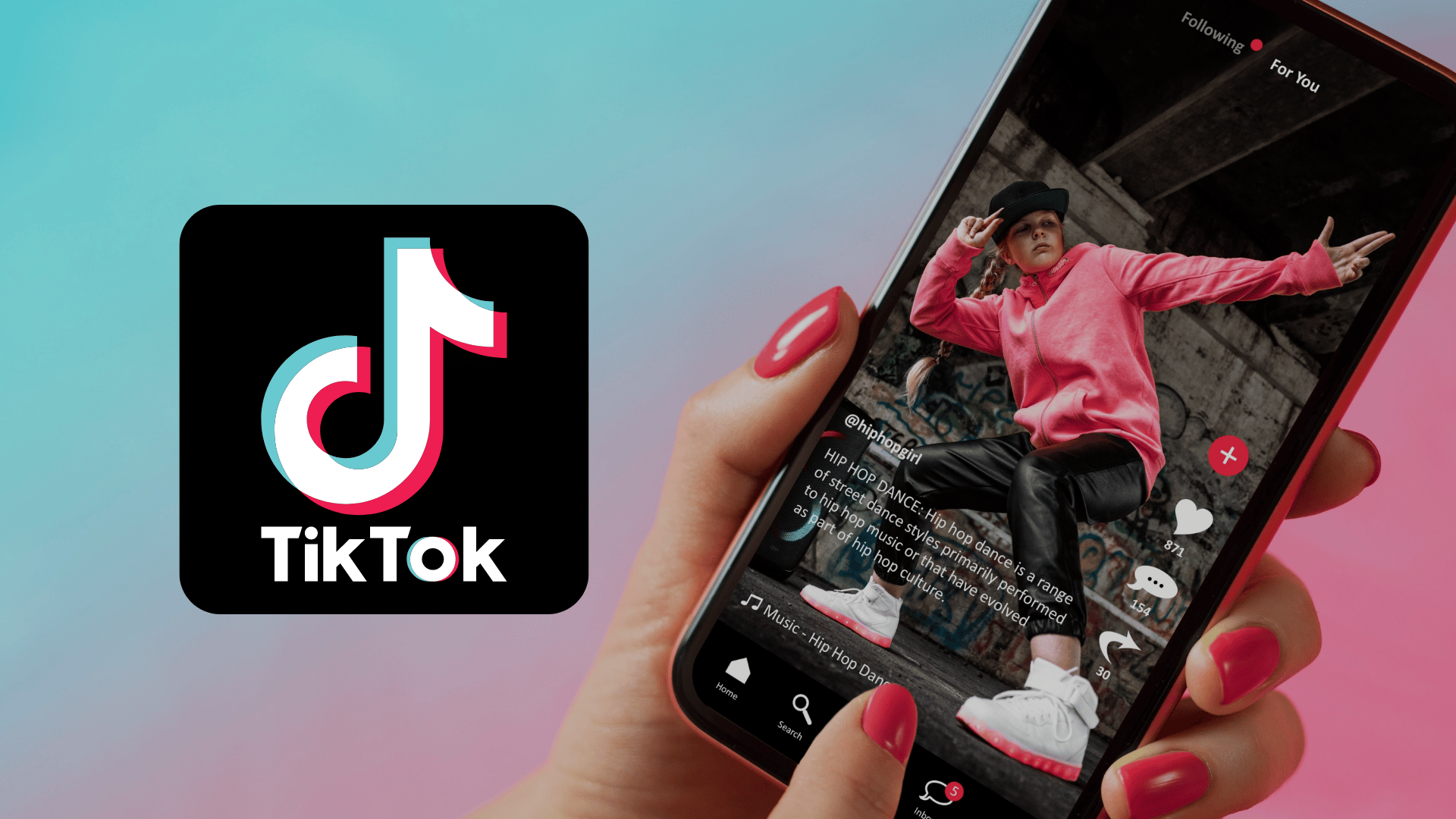This week on TribeTalk, we discuss Facebook’s advanced matching and problem-solving ahead of upcoming privacy changes.
What is Advanced Matching?
Advanced matching allows advertisers to send hashed customer information along with pixel events in order to help attribute more conversions and reach more people. Facebook will hash customer information on the website to help protect user privacy.

Advanced Matching can be used to achieve the following:
➕ Increase the number of attributed conversions on your website to people on Facebook to understand the impact of your ad on website conversions.
➕ Better match website visitors to people on Facebook and increase your Custom Audience size.
➖ Decrease cost per conversion on conversion-optimized campaigns. These campaigns will become more efficient because Facebook is better able to identify and deliver ads to the right audiences.
Two Types of Advanced Matching
Advertisers can choose between two types of Advanced Matching: manual and automatic. Let’s take a closer look at both of these.
Manual Advanced Matching
- Must modify the pixel base code to pass website visitor input as parameters in the pixel initialization.
- If you have an IMG pixel you must hash the values on your own.
- Can be used when the pixel is in an iframe, with an IMG pixel, and for any business vertical.
Automatic Advanced Matching
- No coding needed—this can be toggled on in Events Manager.
- Will tell your pixel to look for recognizable form fields and other information sources on your website.
- User information is hashed in the visitor’s browser and then used by Facebook to determine which people took an action in response to your ad.
- Hashed information is discarded after matching.


-AK-148968-preview.png?width=842&height=310&name=1.01-1x1px-Embertribe-(Client-Services)-AK-148968-preview.png)










.png?width=810&height=810&name=TJ%20Jones%20-%20%20CoFounder%20EmberTribe%20(1).png)


%20-%20500x500%20-%20SP%20-%2045.01.png)
%20-%20500x500%20-%20SP%20-%2049.01.png)
%20-%20500x500%20-%20SP%20-%2057.01.png)


.png)